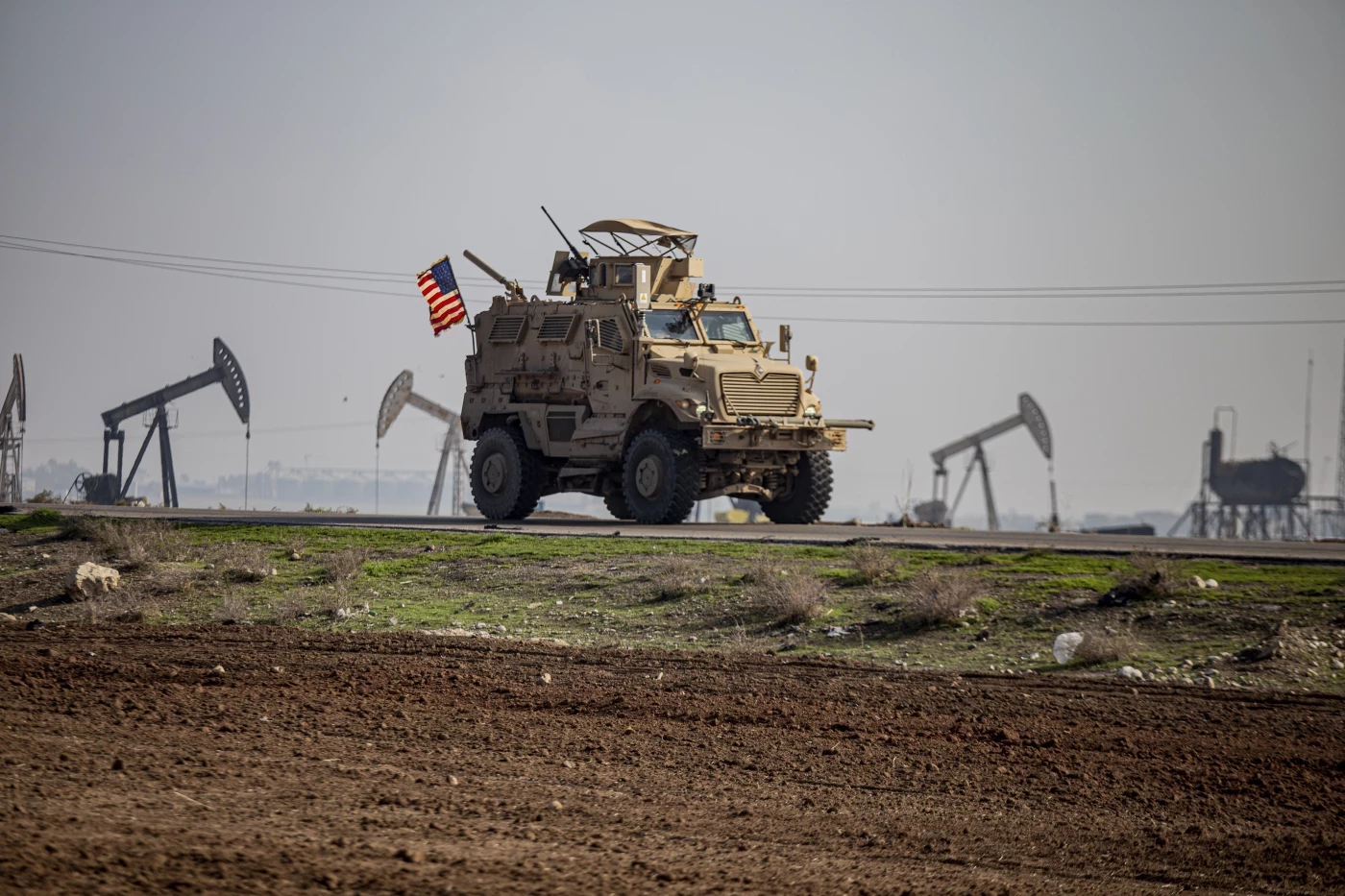ERBIL, Kurdistan Region of Iraq - Observers and military experts suggest the timeline for withdrawing US forces from Iraq may change due to recent regional developments, fears of an Islamic State (ISIS) reemergence, and the policies of newly-elected US President Donald Trump.
Ahmed al-Sharifi, an expert in military and strategic affairs, said there has been a “clear decline” in calls for the removal of US troops from Iraq.
“The recent developments in the region, especially in Syria, along with the arrival of Donald Trump, have significantly contributed to a decrease in rhetoric regarding ending American presence in Iraq, even among those who previously championed this cause,” Sharifi told The New Region. “Everyone realizes the severity of the situation on various levels.”
Sharifi claimed that there are concerns inside the government and within the political factions regarding the withdrawal of US troops under the current circumstances, including within the ruling Coordination Framework.
“Even if negotiations resume, there will be procrastination. Everyone fears the situation in Syria and the presence of ISIS there, and some believe US forces are needed to prevent a repeat of the 2014 scenario,” he noted.
The Coordination Framework, an alliance of Shiite political factions and the top bloc in the Iraqi parliament, denied any retreat from its demand for a full US withdrawal, despite ongoing regional changes.
Waad al-Qaddo, a member of the parliament’s security and defense committee from the Fatah Alliance, which is part of the Coordination Framework, dismissed claims that Baghdad is softening its stance.
“Any claim that the demand to remove all US forces from Iraq has weakened is incorrect,” Qaddo told The New Region. “There has been no retreat on this issue, neither from the Coordination Framework nor from the Iraqi government. Everyone is committed to achieving this demand in the coming phase according to the agreed timeline.”
“Everyone is waiting for this issue to be settled based on the latest negotiations between Baghdad and Washington. A new round of talks will be held soon to finalize the withdrawal plan according to the agreed timeline and in phases,” he added. “There is political and governmental consensus on this matter, and there is no justification for the continued US presence in Iraq.”
Iraq and the US in September 2024 announced they had reached an agreement to wrap up the coalition’s military presence in the country by “no later than the end of September 2025” and transition to bilateral security partnerships “in a manner that supports Iraqi forces and maintains pressure on ISIS.”
The coalition’s military mission in Syria is set to continue until September 2026.
Alawi al-Bindawi, a member of the parliament’s security and defense committee, told The New Region that the Iraqi government has made significant progress in negotiations regarding the withdrawal of US forces and has achieved success in this regard. However, he expressed concerns that Trump’s return to the White House could delay or obstruct the process.
“There is now concern that this process might be hindered following Trump’s arrival at the White House, as his policies differ from those of the previous US administration,” Bindawi said.
“The Iraqi government is required to continue these negotiations and reject any attempts to hinder the talks under any pretext,” he said, stressing that there is both political and popular will to remove US forces.
The US has approximately 2,400 military personnel deployed in Iraq. US forces were deployed to Iraq at the request of the Iraqi government in 2014 to fight the Islamic State (ISIS), which had then overrun large swathes of Iraqi territory in the north and west of the country.
“Their presence has become a threat to Iraq’s national security,” Bindawi said. “Trump’s return to power in Washington may push these forces toward aggressive actions against Iraq and its sovereignty, as he has done in the past.”
During his previous term between 2017 to 2021, Trump said that they wanted to withdraw from Iraq “at some point” but stressed that it was not the right time after Iran launched an operation against US interests in Iraq in January 2020 following the killing of Iranian commander Qassem Soleimani and Popular Mobilization Forces (PMF) deputy chief Abu Mahdi al-Muhandis in a Trump-ordered American strike in Baghdad.



 Facebook
Facebook
 LinkedIn
LinkedIn
 Telegram
Telegram
 X
X


